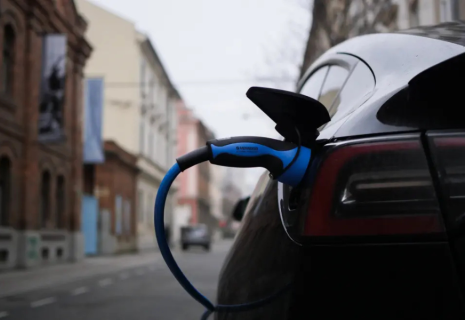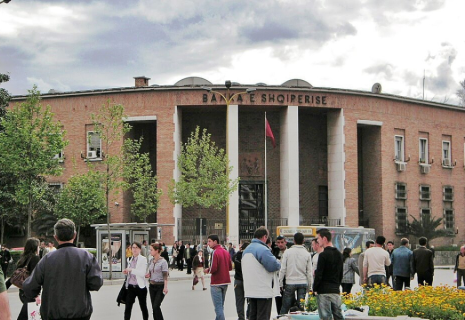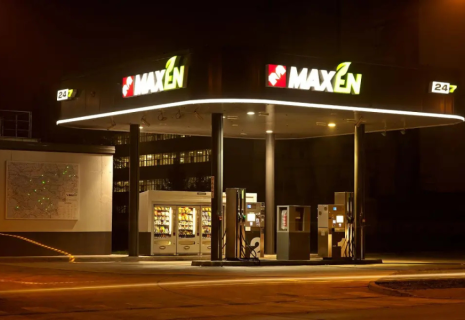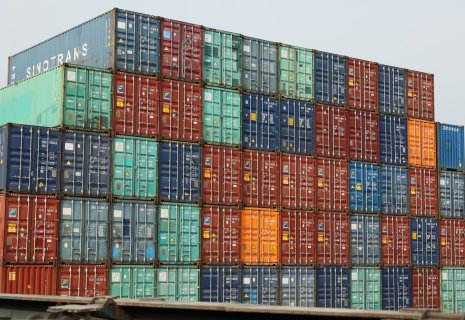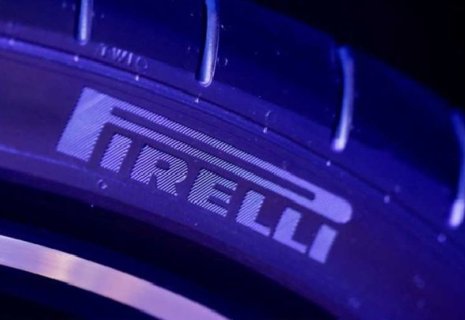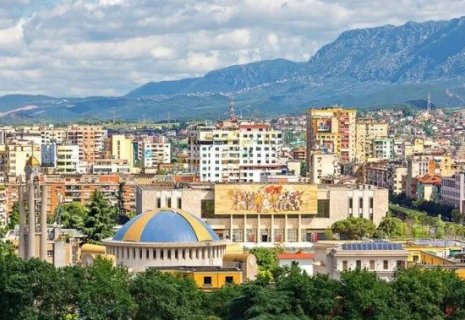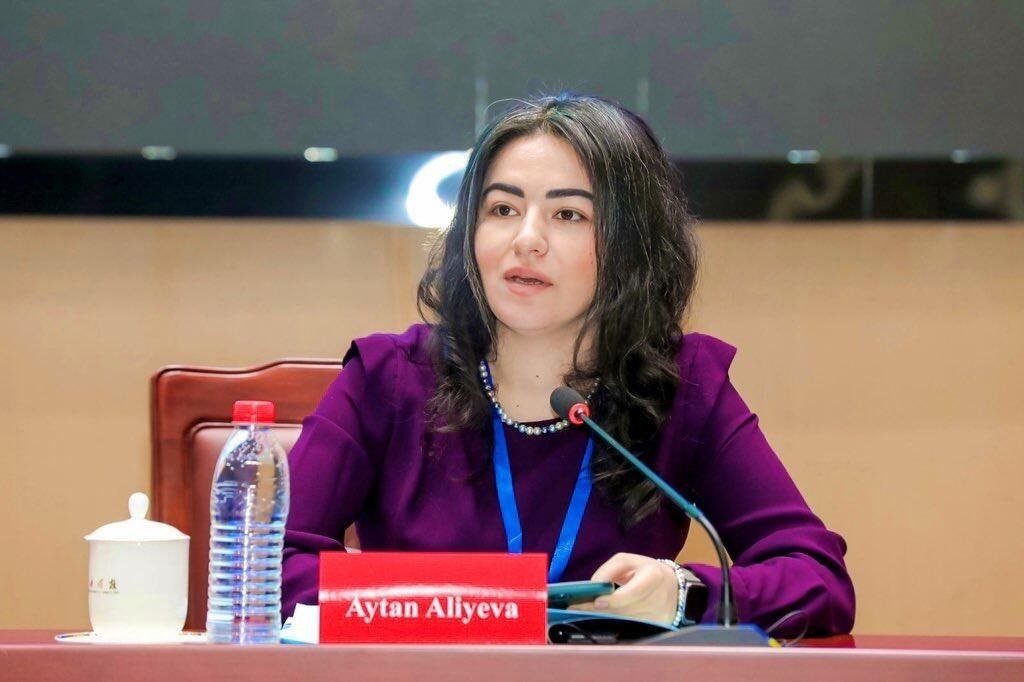
Opinion: Europe’s critical raw materials challenge
By Aytan Aliyeva
Strategic importance of critical raw materials
Critical raw materials (CRMs) are non-energy, non-agricultural mineral resources that are of high economic importance for advanced industrial production. However, CRMs also present a high risk of supply disruption. They are essential for the development of key technologies such as electric vehicle batteries, wind turbines, solar panels, semiconductors, aerospace components, medical devices and defense systems. There are three key factors that contribute to the "criticality" of this situation. Firstly, there is the limited global availability of the product, and secondly, the extraction and processing are concentrated in a small number of countries. Thirdly, the lack of technologically and economically viable substitutes. The European Union updates its CRM list regularly; in the 2023 assessment, 34 materials were classified as critical, while a smaller number of materials (for example: lithium, cobalt, rare earth elements, nickel, magnesium and graphite) were identified as "strategic" for the green and digital transitions. These materials are important for Europe to meet its climate targets, industrial decarbonization goals and technological innovation targets.
Challenges underlying Europe’s vulnerability
Europe is facing a multi-dimensional challenge regarding CRMs. Firstly, it is heavily reliant on imports, with a 70-100% dependency on non-EU suppliers for many strategic minerals. This situation is further compounded by the concentration of supply chains, with China dominating over 80% of global rare earth refining, Indonesia leading nickel production, and the Democratic Republic of Congo supplying more than 60% of global cobalt. This approach exposes Europe to a range of geopolitical challenges, including export restrictions, trade tensions and price instability.
Secondly, the EU's capacity to develop domestic extraction and processing is constrained by extensive permitting processes, comprehensive environmental regulations, high operational costs and active local opposition to mining initiatives. On an average basis, the development of a new mine in Europe takes 12 -15 years before it becomes operational.
Thirdly, the demand for CRMs is rising rapidly due to European climate policies. Electric mobility, renewable energy deployment and digital infrastructure expansion are all mineral-intensive. The International Energy Agency has stated that Europe's demand for lithium could increase by more than five times by 2030, while demand for rare earth magnets could grow at seven times the current rate.
In addition, recycling and substitution technologies are not yet fully developed. Recycling rates for lithium, rare earth elements and magnesium remain below 10%, indicating that recycling is not a sufficient short-term solution to achieve the desired level of sustainability. As a result, Europe is faced with a structural supply demand imbalance that poses a threat to the resilience of its industrial base.
Global competition for critical raw materials
The global competition over CRMs is driven by the strategic interests of major powers, primarily China, the United States, Japan, South Korea and the European Union. Europe is engaged in a competitive global race for secure access to raw materials and control over the entire supply chain, from extraction to processing, refining, and advanced manufacturing. China currently holds the strongest position, having invested for decades in global mining operations and becoming the dominant player in the refining of lithium, cobalt, graphite and rare earths. This dominance enables China to influence global prices, technological development and supply chains.
Meanwhile, the United States is also expanding its own domestic mining and forging supply partnerships through the Inflation Reduction Act and the Minerals Security Partnership. Japan and South Korea have adopted strategies, including long-term bilateral agreements and foreign investment, that are similar in principle. These countries compete not only for physical access to minerals, but also for the technologies and industrial ecosystems that transform these materials into high-value components, such as batteries, magnets, chips and electronic systems.
The competition is due to several factors, including the role of CRMs in supporting the twin green and digital transitions, the transformation of the mobility sector, the expansion of renewable energy, and defense capacities. Control over these supply chains is a source of economic strength, political influence and technological sovereignty. The limited number of producing countries and the long lead times required to develop new mines intensify the rivalry. Therefore, ensuring the security of CRMs has become a core component of economic security strategies globally.
European responses: policies and initiatives
In order to address these challenges, the EU has introduced a comprehensive policy framework led by the Critical Raw Materials Act (CRMA), adopted in 2023. The CRMA has established quantitative targets for 2030: a minimum of 10% of strategic CRMs should be extracted within the EU, 40% should be processed in the EU, and 25% should be sourced from recycling, while no more than 65% of any strategic material should be imported from a single non-EU country. To achieve these objectives, the Act introduces permitting procedures, designates mining and processing facilities as "Strategic Projects," and facilitates public and private investment across the supply chain.
Beyond the CRMA, Europe is expanding funding mechanisms such as Horizon Europe, the Innovation Fund, the European Battery Alliance, and the European Raw Materials Alliance (ERMA) to strengthen research, innovation, and industrial capacity for extraction, refining and material substitution. The EU is also seeking to expand its supply base through strategic partnerships with Canada, Australia, Chile, Namibia, Kazakhstan and other mineral-rich countries.
Europe is also taking steps to strengthen its recycling industry by developing new recycling facilities for lithium-ion batteries, rare earth magnets and electronic waste. The aim is to increase the recovery of key metals. The EU also promotes technological innovation to reduce dependency by supporting alternative battery technologies, magnet technologies using fewer rare earths and more efficient material use in manufacturing. The purpose of these initiatives is to establish a more resilient, diversified and sustainable CRM ecosystem.
Contribution of the Western Balkans to Europe’s CRM security
The Western Balkans are of significant importance to Europe's CRM strategy due to their geographical proximity, resource availability and alignment with EU integration processes. The region is rich in minerals that are crucial for Europe's green and digital transitions, including lithium, nickel, cobalt, chromium, copper, bauxite and rare earth elements. Serbia is home to one of Europe's largest lithium deposits in the Jadar region; Albania is a key source of chromium; Bosnia and Herzegovina and Montenegro have substantial bauxite and magnesium resources; and North Macedonia and Kosovo possess nickel, copper and other industrial metals.
Beyond raw material availability, the Western Balkans provide opportunities for developing processing capacities, which Europe needs to reduce its dependence on Chinese refining. Several European companies have already begun exploring such industrial projects in Serbia, Albania and North Macedonia.
The Western Balkans also support supply chain resilience through shorter transport routes, reduced geopolitical risk compared to distant suppliers, and the potential for closer regulatory alignment with EU environmental and social standards. Strengthened cooperation through EU accession frameworks, the Energy Community and economic integration initiatives enhances stability of governance and security of investment.
In this regard, the Western Balkans serve as a strategic hub for the EU's CRM ecosystem, providing a diverse range of opportunities, including resource access, industrial expansion prospects, and political collaboration. Their integration into Europe's CRM strategy is therefore key to achieving long-term supply security, advancing Europe's climate goals and maintaining competitiveness in global technology supply chains.


